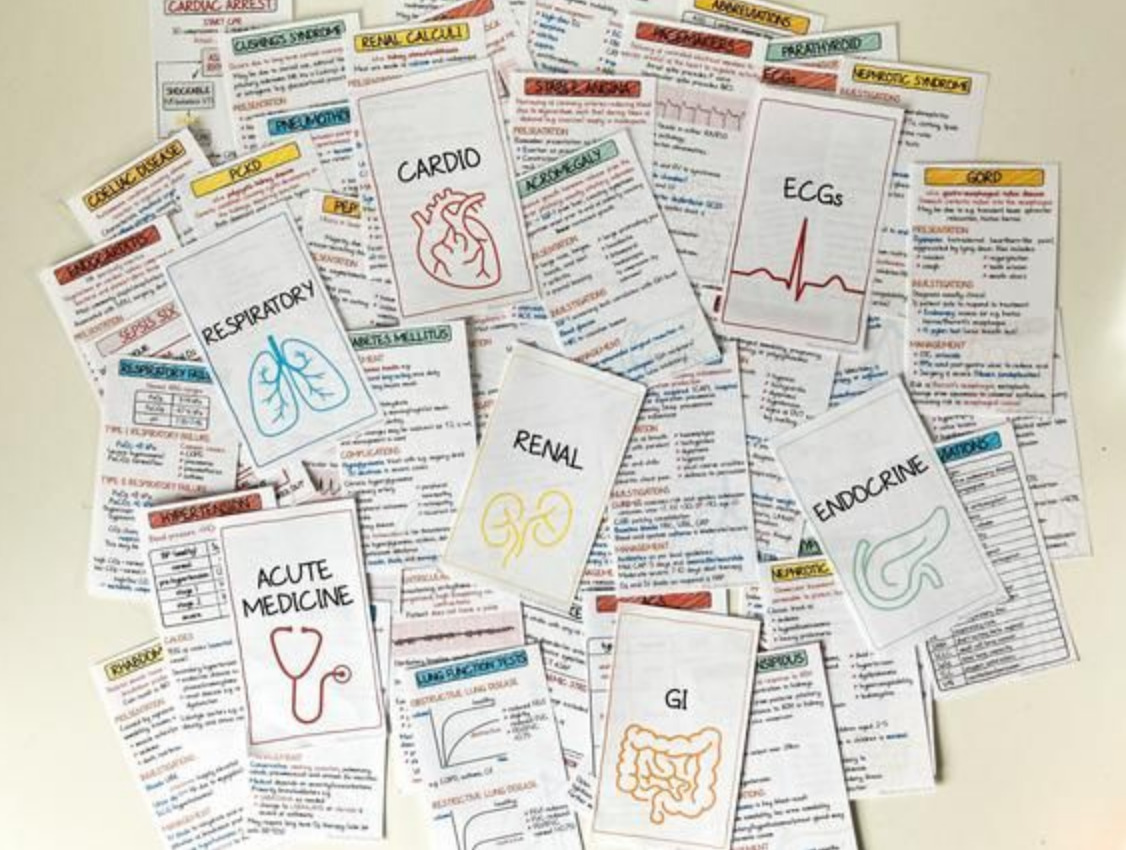If you’re currently going through medical school and have just finished your Step 1 exam, you probably have a good sense of the tough road ahead with your next test. The upcoming exam can feel overwhelming for many future doctors. However, by adopting the right strategies and maintaining a positive attitude, you can change how you view this challenge. An exam is akin to a big mountain with difficult climbs and surprises along the way, but not one that cannot be climbed with determination, hard work, and a clear plan for your preparation for the USMLE Step 2. It is interesting to note that using active learning methods can be a helpful way to understand the material better and find your way through the confusion. With a little dedication and smart techniques, achieving success is not just a distant goal; it can be a reality that you can reach.
Active learning is an important way to prepare for USMLE exams because it helps students understand the content better. Instead of just memorizing facts, active learning gets students involved in the learning process. This method allows them to remember information and also think critically, solve problems, and apply what they’ve learned. As a result, they become more capable of answering exam questions that require deep thinking rather than just recall. Game-based learning methods like flashcards and Anki cards have numerous benefits:
Better Comprehension
Flashcards are interactive, which means students actively engage with the material. By quizzing themselves and others, they need to understand the concepts well enough to ask the right questions and grasp the answers. If the group organizer is good at engaging students, even introvert students who are shy will participate in group gaming and quizzing. It’s also a fun means to learn the topics without feeling tense about the outcome.
Critical Thinking Improves
Collaborative learning encourages students to simplify complicated ideas into clear questions and answers. This process boosts their thinking skills, helping them to analyze different situations and solve problems, which is crucial for their studies. It is also a medium to share best practices, where they learn from each other’s mistakes and develop each other’s skills and hacks.
Spaced Learning
A steady pace and spaced repetitions help students track their learning. They can see which topics are harder for them and need more focus, allowing for a more customized study plan that suits their learning speeds.
Develop A System
Each student is different in terms of their learning curve. They definitely can learn from each other but should not completely ape a student who has set up a system of learning. For instance, some students cannot remember anything till they read aloud. On the other hand, some of them like to read silently and make notes. Through active learning methods, students are adept at improving their skills instead of copying others.
Conclusion:
Smart methods, consistent efforts, regular practice exams, and a good amount of self-care will help you get the desired results without stressing about the exam.


